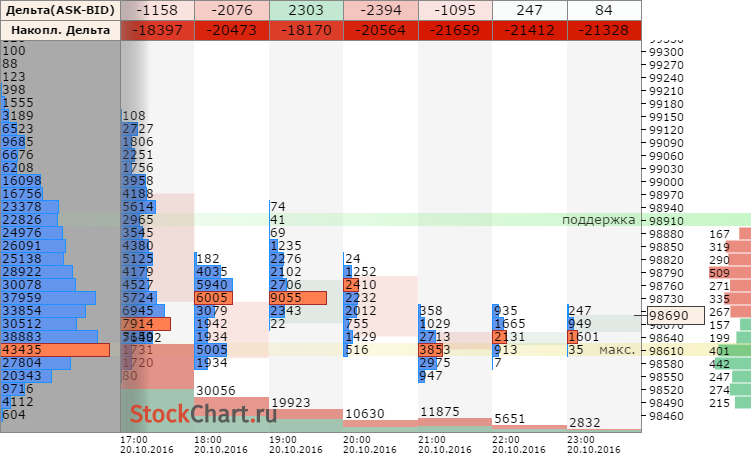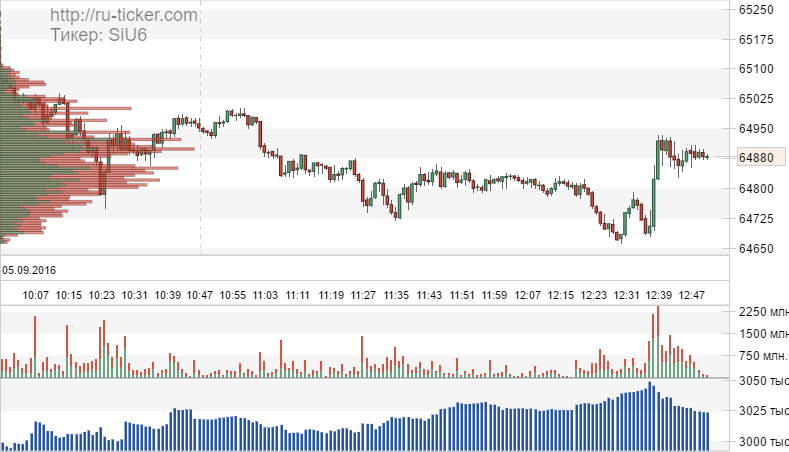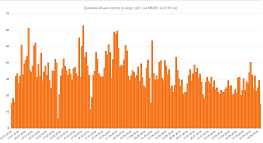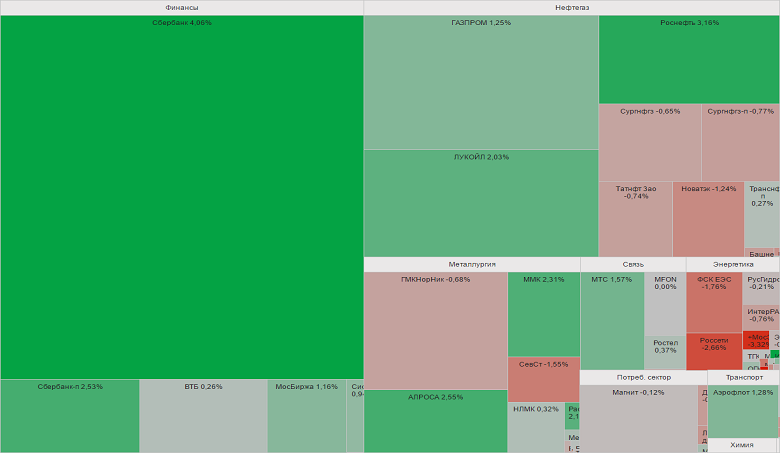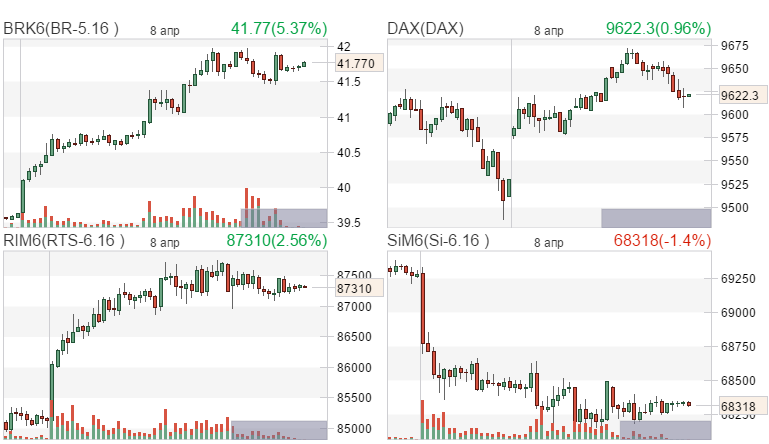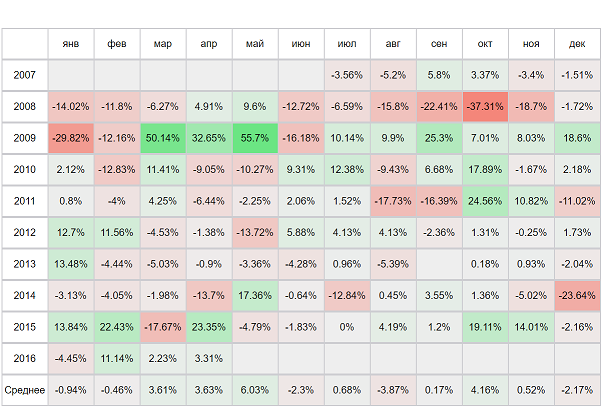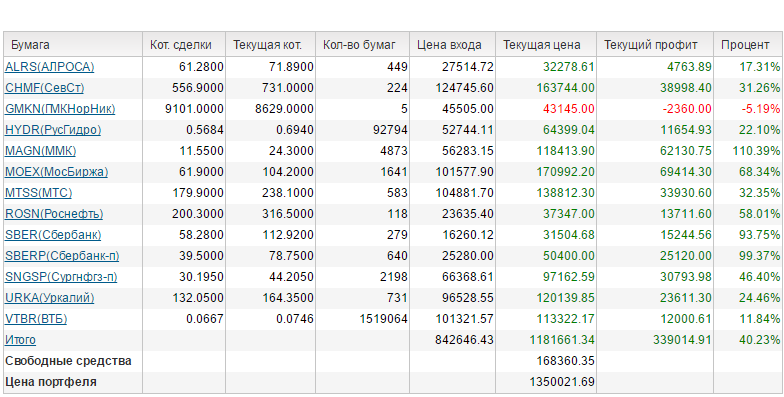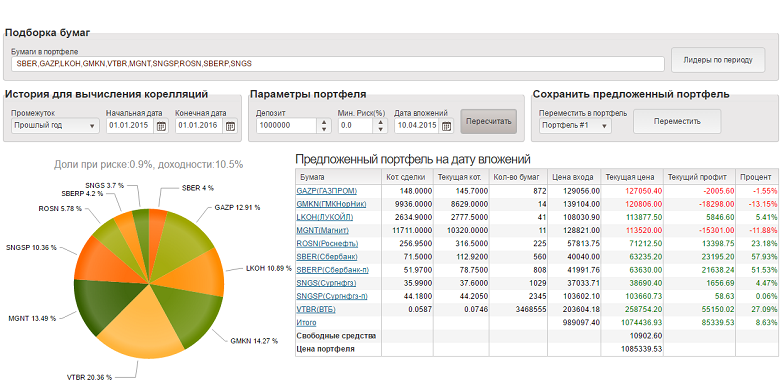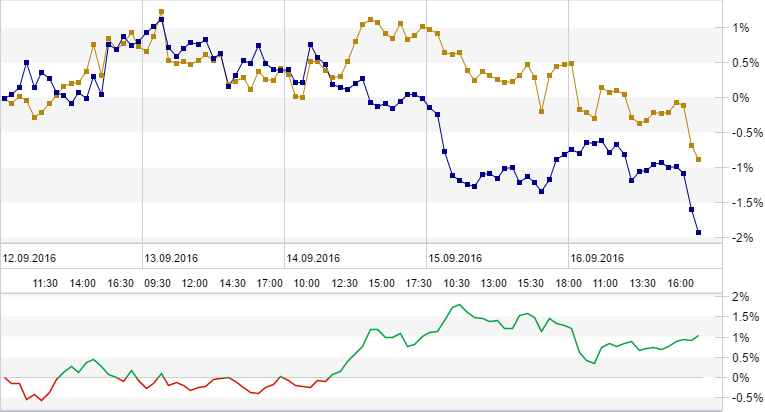 |  |  | |||||||||||
 |
|
||||||||||||
 |  |  | |||||||||||||||
 |
|
||||||||||||||||

Техническая поддержка
ONLINE
 |  |  | |||||||||||||||||
 |
|
||||||||||||||||||
SHANGHAI. Largest and Richest City in China!
ruticker 02.03.2025 23:23:39 Recognized text from YouScriptor channel CoolVision
Recognized from a YouTube video by YouScriptor.com, For more details, follow the link SHANGHAI. Largest and Richest City in China!
# Welcome to Shanghai! Hey guys, and welcome to **Cool Vision**! In this video, we're going to visit **Shanghai**. Welcome to Shanghai, guys! This is the third most popular city in the world and the most popular city in China, with a population of **26 million**. Shanghai is located on China's Central Coast, bounded to the east by the East China Sea and on the southern estuary of the **Yangtze River**, with the **Huangpu River** flowing through it. The city's area is **6,341 square km**, so it's almost three times larger than Moscow and four times larger than London. Today, it's the business capital of China, with a GDP of **$670 billion**, the highest among Chinese cities, and it also has the world's busiest container port, the **Port of Shanghai**. So let's explore the city, meet locals, try delicious food, and find out why some girls wouldn't go on a date with you if you're not from the **310 area**. If you arrive at Shanghai **Pudong International Airport**, you can take a **Maglev train** directly to the city. The Maglev train—thank you very much! Wow! Stepping inside, it's a magnetic levitation train, which means it floats on magnets. Prior to May 2021, the cruising speed was an astonishing **431 km/h**, but now, unfortunately, they've slowed it down to **300 km/h**, which is still pretty impressive. It costs **50 RMB** and takes **8 minutes** from the airport to the city—very convenient and entertaining! The most popular area in the city is the city's historic waterfront area, the **Bund**, also known as **Waitan**. Actually, the Bund in Mandarin means "embankment." There's so much Western influence; there's even a **Charging Bull**, just like the one on Wall Street in New York. Grab it by the horns! Once the financial heart of the city, today the Bund is home to high-end restaurants and hotels, and a number of **1920s-era buildings**, including the Art Deco **Peace Hotel**, completed in **1929**. Another famous building is the neoclassical **HSBC Building**, which served as the branch of HSBC, which actually stands for **Hong Kong Shanghai Banking Corporation**. Other famous buildings include the **Customs House**, **Chartered Bank Building**, the **North China Daily News Building**, and so many more. Most of these buildings were built in the **19th** and early **20th century** by European powers. As you can tell, there is a significant European influence. Why is that? Foreign powers, mostly Britain, had been illegally exporting opium from India to China since the **18th century**. China wanted to stop the opium trade because it was bringing nothing but social and economic problems to the country, like the **Opium Wars**. But China lost the Opium Wars and was forced to open dozens of cities to Western traders. Thus, Shanghai, from the **1860s** to the **1930s**, was basically split into a Chinese half and a European-styled Western half—a rich and powerful center of the foreign establishment, opting as a legally protected treaty port. The Huangpu River divides the metropolis into two parts: **Pudong** (the east side) and **Puxi** (the west side). There are three ways to cross the river: the first one is to take a ferry, the second one is to go by car or bus, and the last one is taking the **Bund Sightseeing Tunnel**. Of course, this one is mostly for tourists and costs **50 RMB** one way. On the opposite side from the Bund, you will find **Lujiazui**, a peninsula formed by a bend of the river that was nothing but villages and warehouses some **30 years ago**. But since the **1990s**, Lujiazui was turned into the new financial district of Shanghai, thanks to the economic reforms initiated by leader **Deng Xiaoping**. Today, they call it the **Chinese Wall Street**. **500,000** people work in Lujiazui, with an average age of **29** and **70%** of whom have a master's degree or higher. Today, Lujiazui is Shanghai's glitzy financial district, home to the **Shanghai Stock Exchange**, the first free trade zone in mainland China, the **Shanghai Aquarium**, fancy malls, stylish bars with panoramic views, and a cluster of super tall futuristic skyscrapers like the pink rocket-like **Oriental Pearl TV Tower**. This tower has **15 observatory levels**. There's also a revolving restaurant at the **267 m** level. Another super tall skyscraper is the **Jin Mao Tower**, **420 m** tall, the **Shanghai World Financial Center** (**492 m**), nicknamed the **Bottle Opener** because it kind of looks like a bottle opener, and finally, the **Shanghai Tower**. This is the tallest building in China and the third tallest in the world at **632 m**. I decided to visit the observation deck at the Shanghai Tower, obviously, which offers spectacular views across the city. Besides being the tallest building in China, the Shanghai Tower also has the world's fastest elevator, which used to travel at the speed of **20.5 m/second**, but now they had to slow it down to **10 m/second** because some people would literally bleed from the nose by the time they reached the top. Outside, I saw some guys with a drone, and I wanted to talk to them. Flying a drone in Shanghai isn't impossible without a license. "Can I ask you what you guys do?" "Now we are doing building inspection." It turned out they're a drone inspection company. They hooked me up with some amazing shots in exchange for some RMB. The city is huge! Luckily, the **Shanghai Metro** is also very huge. It is the longest subway system in the world, with **508 stations** and **826 km** in length. It's twice the length of New York City's subway. Subways are just so clean and nice! You guys believe we're inside the subway? But it's very easy to use, and the trains are always on time. Look, see the train is coming, and in **12 seconds**, the doors will open. "4, 3, 1!" Yes, and the door is open! You can buy a travel card and top it up or set up an **Alipay** account and pay with your phone by scanning a QR code—so convenient! Also, Alipay will help you use the local Uber called **Didi**, which is much cheaper than conventional taxis. If you're choosing a hotel, I think anything online too is a great choice. This line goes straight through the city, and it's easy to get everywhere. **Cool Vision** is in town! Downtown Shanghai, **Wukang Road**. You want to meet us? Come here now! Let's meet my friends **Henry** and **Kunal**. Henry is a local guy, and Kunal is from India but has worked in Shanghai for **7 years** now. Both have lived in the US, and both now work for **Nike**. Henry wanted to take us around his favorite places in the city, and we started with the **Former French Concession**. What is the French Concession? In the **1800s**, after a prolonged struggle with imperialist powers, China was forced to allow foreigners to take possession of designated areas in Shanghai called concessions. The French Concession existed between **1849** to **1946** and consisted of upscale residential and retail districts and was also the center of Catholicism. Today, the French Concession is an area that is popular with tourists and expats, and you can wander around for hours without feeling like you're in a bustling Asian metropolis. **Wukang Road** has the highest density of historic villas. So this is the **Wukang Building**; it was originally built in **1924**, so exactly **100 years** from now. It used to be called the **Normandy Apartment** at that time. Like I mentioned, there are a lot of foreigners—people from France, Britain—they came here and used to live here. Henry wanted us to try some local delicacies, and we had a fantastic lunch at the **Rose Restaurant**. One thing you have to know about Shanghai cuisine is that it's sweet. "Wow, the chandelier is so impressive! Well, look at that! We're going to the first floor." It's a busy place! So, first dish: **Sweet and Sour Pork**. You'll find it tastes very similar to **General Tso's Chicken** in the US. And this one is a **radish**, but they make it in a very complicated way. "So, chicken sauce, kind of like tofu, but it makes the vegetables and this tofu skin together." Also, the one I really like is the **President Beef**. To be honest, it's my first time trying this. I don't know why they call it President Beef, but we will try and see how. And **Shrimp with Crab Meat** is also another very classical Shanghai cuisine. Almost every person I would recommend, and you will find it. And the last one I would like to introduce is this one, I believe originally from **Suzhou**, but since Suzhou is very close to Shanghai, that's why it also makes part of the Shanghai cuisine: the **Squirrel Mandarin Fish**. Some in Chinese, but why most foreigners like this is because they make it boneless. Most fish in China cooked are with some original fish bones, but this one, no! So you don't need to worry about that. All you need to do is just to cut it and then have a very good taste. "Okay, thank you!" The check came to over **$200**. Yes, Shanghai can be pretty expensive! Henry and Kunal told me a lot about the local realities. Apparently, when you try to invite a girl on a date, she will ask you if your area code is **310**, the first three digits of the ID number for people born in Shanghai. If you're not Shanghainese, the remaining Shanghainese will not accept you, especially in terms of finding a partner. "But we could be friends, being colleagues—that's all fine. Other things are fine, but like finding a partner, they start to ask you this question first: 'Are you 310? Do you own a house?' Something like that. If no, we don't need to go out for even a date. Still mention, if you're not 310, don't contact me." Speaking of girls, are you guys students? "Yeah, just graduated." What did you guys study? "Dance." Dance major? "Our major is all of you." Oh, cool! Very nice! And tell me, what do you like about Shanghai? "The environment makes it feel relaxing." So since you learned to dance, can you show something? "Show? It's my heart!" Is it? "Doesn't me!" Wow! Shanghai moves fast and stays caffeinated. The city reportedly has more coffee shops than London, New York, or Tokyo. Shanghai is now home to over **8,000 coffee shops**, so we had to have some local coffee. The place we went to was called **Into the Forest**, and they had amazing coffee. What surprised me is that they had **edible cups**! You can drink the coffee and eat the cup afterwards—no waste! "Have you guys ever seen edible cups?" "One!" "Hi!" "Wow! Are you that hungry?" "Ooh, it tastes like a cookie!" Yes! Then we decided to go cycling around the neighborhood. For locals, it's extremely affordable because you can get a monthly subscription for **$3**. "Hello! Alright, I'm following you!" Okay, it's so enjoyable just to cycle or walk along the tree-lined streets with an array of bars, cafes, restaurants, and boutiques. Feel the real character of Shanghai, and it becomes clear why this is seen as the most livable city in China. I'm riding a bicycle in downtown Shanghai, and that's the best means of transportation you can find. You know, no traffic jam—go from one place to another, and it's very, very affordable! After that, we took a taxi to another trendy neighborhood, and I got a chance to talk to the taxi driver with Henry being my translator. "Yeah, absolutely! What does he like about Shanghai?" "What do you like? How much money can you make as a taxi driver?" "He said you can't make too much money, but the expenses are really high. Yeah, **6 to 7K RMB a month**." "Does he want to live in Shanghai forever, or does he want to move somewhere else?" "Yeah, he's joking—kind of joking about his age. He said he's already old enough to move around, that's why maybe he stays in Shanghai." "Okay, wonderful, wonderful!" The neighborhood we've come to is called **Xintiandi**. You guys see the Starbucks? It's in a **Shikumen**, which is a traditional house for Shanghai. It's traditional Shanghai architecture from the **19th century**, and it's like stone buildings. You will see them in many parts of the city. Unfortunately, many of them have been demolished over the years, but some of them are still preserved as part of the cultural heritage, and they're so wonderful! Once this area used to be a block of old Shikumen buildings. What is a Shikumen? Loosely translated, it means "a stone gate." So this is what they call Shikumen, right? "It's a good representation of the **19th-century architecture** that was so ubiquitous in Shanghai back then—all these narrow alleys, and it's so fun exploring them!" These Shikumen houses began appearing in Shanghai's British Concession in the **1850s** and **60s**, but now this neighborhood has been turned into one of Shanghai's most fashionable areas filled with restaurants, shops, and bars. This place is popular at night because there are plenty of bars, and young people love to hang out, right? I see lots of fun already starting! Surprisingly, this area is also the birthplace of the **Chinese Communist Party**. How ironic that one of China's most important communist sites is located alongside one of its most expensive shopping and eating areas! There's even a name confusion; if you look at the name of the subway station, it has a double name. We visited the site of the **First National Congress of the Communist Party of China**. It's a small museum located where the people who started the Chinese Communist Party first met to plan its creation. You'll learn about Chinese history, the revolutionary age, and the modern PRC. As a Russian, I was surprised to find so many documents in the Russian language. That's because the **Bolshevik Revolution** in Russia played a huge part in spreading communist ideas in China. Nice museum—biased, of course, but those who can read between the lines will find it interesting. Speaking of interesting, okay guys, I'm in Moscow all of a sudden! But no, I'm still in Shanghai, and this building is called the **Shanghai Exhibition Center**. It's built in the Stalinist neoclassical style and was completed in **1955** to commemorate the friendship between the Soviet Union and Communist China. In the background, you see all those skyscrapers, and they look like **Moscow City**—so lots of resemblances! I bet I can trick some people into thinking I'm in Moscow! Most architecture in Shanghai is very modern. That's because buildings have a **40** or **70-year lease** from the government. Most of the time, they will not renew the lease and build something new instead. If you need a break from all the hustle and bustle of the city, I have an incredibly peaceful and beautiful place for you. It's called **Yuyuan Garden**. Welcome to the **Garden of Happiness**! It was built all the way in **1559** during the **Ming Dynasty**. Yuyuan Garden reflects **Jingan Garden** architecture. It was built by **Pan Yunduan**, a government officer who built it for his father as he was approaching old age. This garden has over **40 scenic spots**, including pavilions, rock formations, and ponds. A centerpiece is the exquisite **Jade Rock**, a porous **5-ton boulder**. When you step out of the garden, you'll find yourself in a bustling marketplace, **Yuyuan Bazaar**, in an old neighborhood with traditional architecture and shops selling everything from dumplings to Chinese souvenirs. It's always super crowded! The city has many other beautiful parks, like the **Shanghai Botanical Garden**. It's the biggest municipal botanical garden in China. I don't know about you guys, but I love visiting botanical gardens because they show you the variety of vegetation that's specific to this area. This one has really good reviews, so it has a large collection of thousands of plants, including some rare species. It was almost empty on that day because it was **37°C** outside! So yeah, these cicadas are so loud, and I'm actually—look at me, I'm sweating because it's **37°C** outside! **Century Park** is another wonderful park; it's the largest park in the city. I was staying at the **Dorsett Shanghai Hotel**, and this is the view that I had from my room—pretty good! Century Park is great for jogging or walking. You will find people doing **Tai Chi** in the morning. There's also a great track around **5 km** that goes around the park, and it's busy with runners and joggers at all times of the day. Another cool park is **People's Square Park**, but what makes it really unique is the **Marriage Market**. Yes, a marriage market! Parents, sometimes even grandparents, who have the anxiety of their unmarried offspring come here to trade information on their children and find a perfect match. They come here to kind of advertise and find a partner for their kids. They advertise their children by stating which college they went to, their height, their age, and you know, just basic information about them. If the other party is interested, that's how they match and maybe form families. It never hurts to learn a little bit of Mandarin! "Ni hao!" "Yes, hi! You can speak English?" "You can speak English!" People's Square is the largest square in the city, and it's close to the park. It's surrounded by buildings like the **Shanghai Municipal Government**, the **Shanghai Museum**, and many others. In the past, it used to be a horse racing course. The main shopping district of Shanghai is the **East Nanjing Road** (**Nanjing Donglu** in Chinese). So this place is like the commercial center of Shanghai—so many stores, shopping malls, everything, and it's always crowded! It is the world's longest shopping district, around **5.5 km** long, and it attracts over **1 million visitors a day**. It's a street filled with shops, eateries, and lovely restaurants tucked away from above the street level. "Hello, guys!" "Hello, guys! What's your name?" "My name is **A**." "And my name is **Tiki**." "Okay, my name is **O**. She's my girlfriend. I'm studying at **Tongji University**, and my major is **aircraft manufacturing engineering**." "So you know what? That's impressive!" "So it's very hard. Maybe I'm not that smart, and it's really hard for me." "Really impressive! So can you—uh, comedy?" "Comedy?" "Yeah, it's very interesting! What do you want to do when you graduate?" "I don't think that kind of question right very clearly now." "Okay, so you'll see later?" "Yeah, I will see later." "Okay, okay! What's that? I don't know what that means." "Thank you!" "Okay, go!" "I'm so bad! How do you say 'how'?" "Okay, I'll improve my Chinese!" If you want to shop for some jewelry, clothing, or electronic gadgets, that's the place to be! You'll find all the major designers and manufacturers. This road leads to the Bund, so expect a wave of other people to accompany you. But don't worry, there are police officers to direct pedestrian traffic. Okay, in a situation like this, you have to regulate traffic because otherwise, these cars would have no chance! See that crowd? And this is my crowd! Okay, we're going in different directions. See that crowd is going this way, and we're going this way. **West Nanjing Road** is different; it's not so crowded and more upscale, with luxury residential high-rises and trendy nightlife. It's like **North Michigan Avenue** in Chicago or **Fifth Avenue** in New York City. Henry and I went to a popular local restaurant. Let's see what we had for dinner! If you see the QR code, it's on every table. Just say "scan," and I open my **WeChat**. You see this picture? You like this food? You just click this button, and then it's on the way! These are **Sheng Jian Bao**, also a very famous traditional Shanghai-style food. So there's soup inside it—pork and soup inside it. So notice, it's very full! So they have soup inside it. We dip a little bit of vinegar to suck the soup. "Yeah, yeah, yeah! You see the soup is coming outside!" "But sometimes, if you don't be careful, it might be too hot to eat!" "So, chicken?" "Yeah, so in my country, we don't really eat them." "Why not?" "Why not? Very nice! Very juicy!" "Yeah, you see, Chinese call it cuttlefish and urchin." "Okay, let's add some vinegar!" "Sure, let's rich flavor! Very good seafood!" "We stir it first just to make sure everybody gets a fair piece." "Yeah, yeah! When kids are sick, parents will ask you to eat **congee**." "So it's like soup?" "Yeah, it's like a healthy way to get some food and energy." "So this one's called **Mango Pomelo Sago**, and it originates from Hong Kong. It's excellent! It feels so fresh, like I'm eating real fruit!" So in the US, when I would study abroad, I noticed people love to hang out, have parties, make some noise. But here, you know, in China or in Shanghai, you know, working day and night, like here, people love to just sit here together, order some delicacies, delicious food, and also very important, have tea to chat and to talk. And although now it's almost **8:00 p.m.** here on a working day, as you can see, there are still so many people in this restaurant. Maybe people have just already finished their dinner, but they just love to sit here, have some tea, chat, and just make people feel relaxed. And you can sit here for like a long time! "Yeah, as long as there's tea!" "Three hours, right?" "Yeah, yeah, yeah! Find normal!" After this wonderful dinner, we decided to go for a walk and enjoy this beautiful evening. # Evening in Shanghai When the sun sets, it's the perfect time to go on a river cruise on the **Huangpu River**. You can take a fancy cruise with dinner, like this **Dragon Ship**, or just go for a basic one for **150 RMB**. To get to the upper deck and enjoy a better view is another **100 RMB**. This has got to be one of the most impressive skylines I've ever seen! It's incredible—on one side, you see the modern skyscrapers of **Lujiazui**, and on the other, the historical neoclassical and Art Deco buildings from the **1920s**. So captivating! Alright, back to the Bund! Wow, just look at the cars! No wonder Shanghai is the wealthiest city in China. See this coffee shop? **Luckin Coffee** is a Chinese coffee company that was founded in **2017**. It now manages over **9,300 stores** and has surpassed Starbucks by the number of stores in China. The Bund is so busy; I've never seen crowds like that! That's what happens when you find yourself in a city of **26 million** people. I decided to visit one of the local restaurants. I got some **spicy beef** and **plum juice**—it's very sour and very fresh; I love it! I did not expect this; I ordered just a sour and spicy soup, but they brought me a whole bucket! There's no way I can finish that; this portion is huge! If you get the impression that there's too much food in this video, you have to understand that life revolves around food in China. They even say, "Have you eaten?" instead of "How are you?" There are so many showrooms of local car manufacturers, and some cars look super modern. Of course, they're all electric! By the way, it pays to have an electric car in Shanghai; you pay nothing for a green license plate, but for a regular blue plate, it costs somewhere between **$5** to **$220,000** just for the plate! Did you know that Shanghai's dialect is unique from Mandarin Chinese? Let's ask Henry. "So, Henry, I have a question. I've heard that people in Shanghai have a specific accent. Is that true?" "Kind of. Some people can just judge where you're from by hearing your accent." "That's amazing! Can you give me a couple of examples of how it's different from, say, the language in Beijing?" "Beijing is like a 'r.' Let me try my best. Okay, kind of. Even we call the same thing with a different name. So like a grandpa, they say 'la la la,' but here we say 'wai.' So that's kind of different." "What about Cantonese? Do you speak Cantonese? Do you understand Cantonese?" "Not really, not really. But they also have some accent; I can sometimes tell." If you have enough time, you can take a trip to **Zhujiajiao Ancient Town**. Heads up, it's pretty far away; it took me **1 hour and 40 minutes** by subway. If you go by **Didi**, it's going to take you about an hour. We are in Zhujiajiao, a small town on the outskirts of Shanghai. It's very beautiful and picturesque, with a lot of waterways and **36 stone bridges**. You can get a boat ride to enjoy a fantastic evening on the water. Of course, it's a tourist town, with lots of restaurants, cafes, and whatnot. It's a nice chill place—no traffic, no motorcycles—and you can spend half a day trying local food and taking pictures. I guess you can call it the **Venice of Shanghai**, but I felt like it was a little bit touristy and overcrowded. I can only imagine what it's going to be like during the weekend. Unfortunately, the staff at many boat places did not speak English and were not very helpful or friendly. Any other place? No, Shanghai is not short on museums, but if you have to choose one, go for the **Shanghai Museum**. It has a comprehensive collection of Chinese artifacts from ancient times to modern times. But there's a trick: even though no ticket is required, you have to book it in advance, and you need a reservation, which I don't have. I only have **2 days** left in Shanghai, and everything's been booked. So I went to the **Shanghai Natural History Museum** instead. It's a great museum, but it was crazy crowded, which I think is often the case in China. I particularly enjoy dinosaurs and many animals of the past, especially the gigantic extinct animals. Can you imagine a bear of this size, like the **monster bear** or the **saber-toothed tiger**? Now that's a good kitty! Of course, you cannot visit Shanghai without visiting its wonderful temples, like the **Jade Buddha Temple**. It was founded in **1882** with two Jade Buddha statues imported from **Myanmar** by sea. The temple now also contains a much larger reclining Buddha made of marble donated from Singapore. Another famous temple is **Jingan Temple**. It's located on **West Nanjing Road** among flashy malls and residential buildings. This is the famous Jingan Temple, and the original one was built in **247 AD**, but back then, it was located near **Suo Creek**. In **1216**, it was relocated to its current place. Another famous temple is **Longhua Temple**, first built in **242 AD**. It is the oldest temple in Shanghai and has a long history of over **1,700 years**. It has a lot of unique architectural features of that time, like the pointed rooftops and pagodas. The central attraction of the temple is, of course, the six-tiered pagoda, which rises above the surrounding buildings. A great place to see China meet Western culture is the **National Cathedral Church of China**. It has double spires and is designed in the Neo-Gothic style. It was built between **1906** and **1910**. The church building was heavily damaged in **1966**; at the opening of the Cultural Revolution, Red Guards from Beijing vandalized the cathedral, tearing down the spires and the ceiling. If you decide to travel within the country, the best way is by train. You can come to **Shanghai Hongqiao Railway Station** and take a fast-speed train to **Beijing**. It only takes **4 hours and 30 minutes** to cover **1,100 km**. The train travels at **350 km/h**. China's currency is the **Renminbi**, which means "people's money," also known as the **Yuan**. Few people bother with cash these days; most people use **WeChat Pay** or **Alipay**. Like I said, it's a good idea to install those apps on your phone and use services such as **Didi**, which is China's Uber, and bike rental apps. You'll find rows of dockless shared bikes on most streets, and they're a great way to get around town. How much money do you have to make to live comfortably in Shanghai? If you ask me, **20,000 RMB** is the minimum to live comfortably because the rent would easily run to like **5,000** or more, and you need like **3,000 to 4,000** for food and other expenses. If you're not driving, if you're driving, you need like **30,000 to 35,000 RMB**. So **35,000** if you're driving. If you have a house, it goes even higher. It also depends on the area where you are planning to live. Areas like **Minhang** and **Chenggu**—the closer you get to downtown Shanghai, the more expensive it gets. The city feels incredibly safe; everybody's so polite and humble. Nobody's eating food or jumping the turnstiles in the subway. But my biggest complaint was the motorcycles riding on sidewalks; that just seems so dangerous. But you notice during downtown, they don't have a lane specifically for bicycles because it's so tight and limited. So you see some people have to ride on the pavement. That's my biggest complaint, especially the food delivery guys—they ride like crazy! They can kill you! They rush, and I'm worried for my safety, honestly. That's another way we sometimes benefit from them because we can order some food, and they deliver it within **30 minutes** for you. But I don't like the part where they break the rules. Now, let's talk about stereotypes. Do Chinese people really smoke a lot? Well, some do, and some don't. But the stereotype about Chinese people spitting in public is true. My taxi drivers never hesitated to spit out of the window. I've noticed how many more young people are interested in learning and practicing English these days. "Hello! What are you doing in Shanghai?" "I'm from Shanghai." "Very nice! Are you a student? Do you go to school?" "When do you graduate? In the future, what do you want to be? What kind of job?" "A lawyer." "Okay, very nice! Or an English teacher?" "Yeah, your English is good! Continue learning English!" "Thank you!" "Thank you very much!" "Hello! What's your name?" "I'm B. I'm 8 years old. I like to eat chocolate." "You love chocolate? Yes! Thank you!" Shanghai is so technologically advanced! I've seen robots delivering food at hotels, robots making ice cream and coffee, and people purchasing drinks from vending machines by scanning their faces. I was visiting in July, and let me tell you, it gets hot in the city during my stay; it was between **37°C** and **40°C**! Luckily, many places we have to stand in line are air-conditioned. Alright, I hope you guys enjoyed this video about Shanghai! Let me know what you think in the comments down below. My next video is going to be about the capital of China, **Beijing**. Stay tuned!
Залогинтесь, что бы оставить свой комментарий

